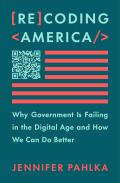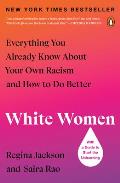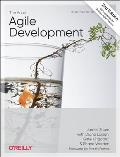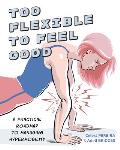
Subtitle: Why Government Is Failing in the Digital Age and How We Can Do Better
Recommended to me by: my workplace, a federal contractor
I work for a federal contractor as a programmer, so they strongly encouraged us to read this. I can see why! The government project and team I work on use Agile methods and have a strong focus on user-centered design. This book made me appreciate that a lot more.
It explained some of the difficulties that government projects encounter, including the problems with the healthcare.gov launch, the unemployment insurance backlogs at the beginning of the pandemic, and why a new generation of GPS satellites are running old software. Not only does government traditionally subscribe to the old waterfall methodology of requirements, then design, then implementation before users see working software, but it starts earlier with Congress making laws that drive the requirements.
Conservatives have actively pushed digital competence out of the government and said it should be contracted out. Then contractors are given no leeway to do research with users and alter the plan to work better. According to them, creating software is implementation which is entirely separate and considered “lesser” than creating policy, which is the government’s concern.
Jennifer Pahlka and others have been driving a quiet revolution in government, introducing 18F, a group of federal employees who use Agile software techniques and user-centered design to consult on a multitude of projects. Another new group, US Digital Service, also bring technological know-how inside the government.
She describes some of the victories, where individual government employees have been able to push back against the snarls of red tape and create, for example, a streamlined SNAP application in California that allows many more people to successfully apply. Covidtests.gov is another example of a big win, a very simple website that successfully delivers tests to 2/3 of American households, and corrected out of date USPS address database entries along the way.
She mentions that people say the “best” programmers are in the private sector, but there are highly competent people who prioritize service to the public over getting the highest salary, so the government gets the “best” by a different definition. The government also places an active priority on diversity and inclusion, so it gets a wider field of good people.
Highly recommended for people interested in government, software, and the joys and tribulations of CivicTech.





